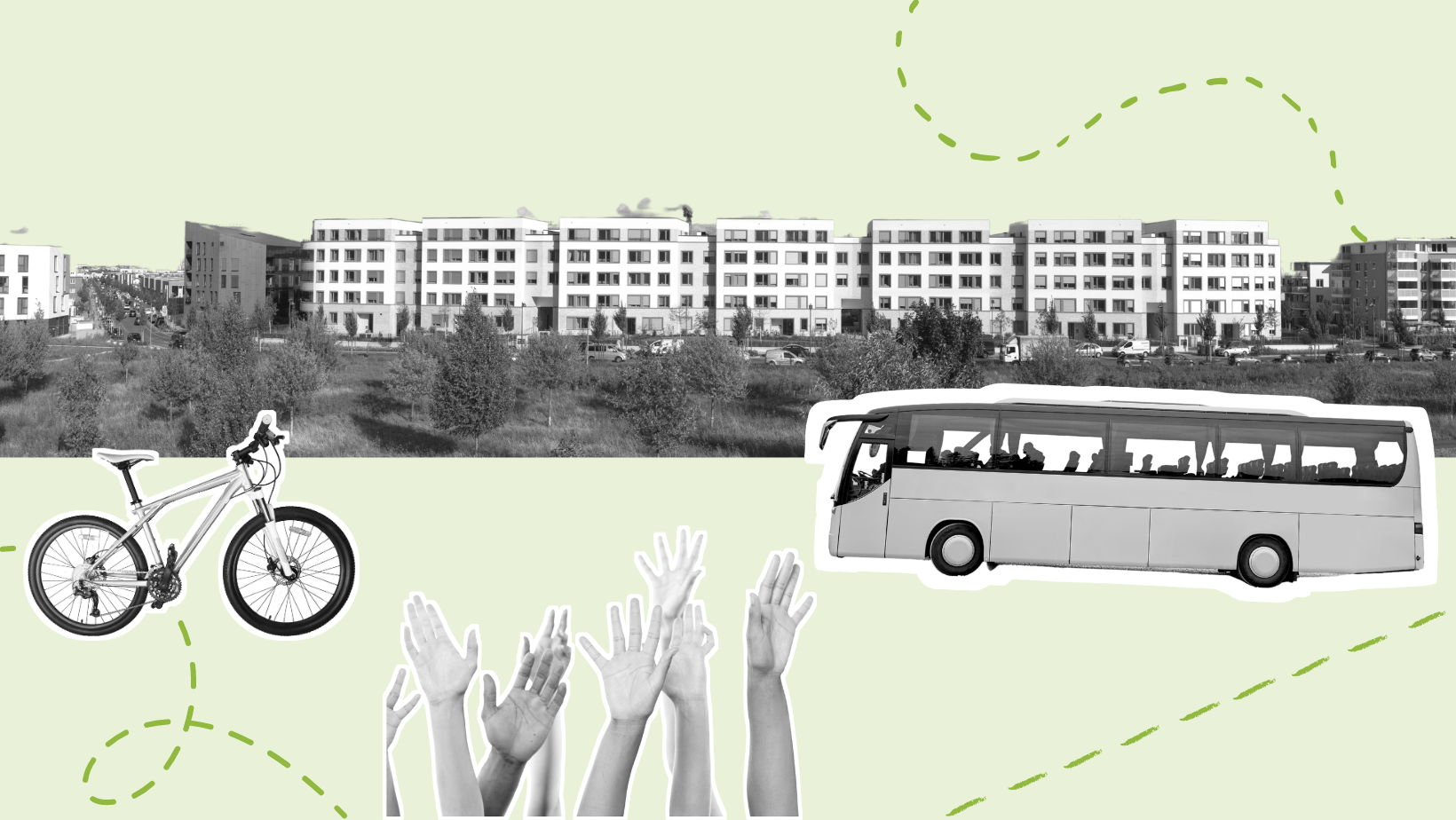make a difference with us
Influencing in Municipal and cities from the sight of Student Union
The student union makes advocacy at the municipal level in cooperation with the Student Unions in Helsinki Metropolitan Area and the World Student Capital association. Advocacy work is done, for example, through joint statements, lobbying meetings, and collecting data on student well-being. In addition to this, the student union participates in various workshops and other events where it brings the needs of students to the attention of decision-makers, boards, and other municipal institutions.
In the spring of the municipal elections, Helga has published a series of blogs, the purpose of which is to tell about the positions of the urban policy program of the student municipalities in the Helsinki metropolitan area and the importance of voting in municipal elections. You can check out the blogs below.
Resorting to public transport
In line for apartment
“It wasn’t until I moved to Helsinki that I realized I was privileged”
Everyone deserves a safe living area
Students deserve genuinely free contraception
Urban Policy Program for the Student Unions of University of Applied Sciences in the Helsinki Metropolitan area
Urban Policy Program for the Student Unions of University of Applied Sciences in the Helsinki Metropolitan area is intended as a tool for student influencers and to tell municipal decision-makers during the coming election period how students think the Helsinki metropolitan area should be developed.
This policy program is divided into four areas of influence relevant to students: Housing and zoning, Service, Transport, Participation
This Urban Policy Program is created together with Student Unions of Universities of Applied Sciences in the Helsinki Metropolitan area. It was upgraded in 2020.
Below you can read the main features of the Urban Policy Program. You can read the full program here.

Urban policy program
Housing and planning of the city
Students are a diverse group with different housing needs. Therefore, the provision and construction of student housing must take into account the different wishes, needs and family situations of students, as well as accessibility. The most important goals for student housing is that it is affordable, high-quality, comfortable and ecological. Adequate student housing must be built.
The construction of student housing must take into account the changing trends in housing and the varying and diverse housing needs of students. Instead of shared housing, we need to invest in the construction of studios and apartments suitable for living with friends.
Students in the Helsinki Metropolitan Area have the right to affordable student housing in the vicinity of their own campus and with good transport connections. Student housing should not be concentrated in large student housing concentrations. Instead, housing should be located in diverse residential areas close to good services and campuses. Prevention of segregation must be taken into account in the zoning of new residential areas and supplementary construction.
The urban environment must be clean and safe, and efforts must be made to make it comfortable. In the development of urban culture, attention must be paid to the community, for example by improving the conditions for organizing events in residential areas. Green spaces should not be built at the expense of nature, and nature must be preserved as part of the cityscape.
Services
Students must receive preventive and comprehensive health care, regardless of where they live or study. The health care for the University of Applied Sciences students is primarily organized by the Finnish Student Health Care Service. City services must be available in high quality in at least Finnish, Swedish and English. All services must have qualitative criteria and indicators to ensure and develop the quality and availability of services.
Cities must offer a wide range of free leisure and leisure opportunities. Cities must take a positive and encouraging approach to organizing public events and other self-initiated activities.
City services must always be as accessible and ecological as possible.
Transportation
In the Helsinki metropolitan area, students and other people move easily, effortlessly and ecologically using public transport. All students receive a substantial discount on public transportation services. The public transport network is comprehensive and connects campuses, making getting around easy.
New ways have to be invented to make bikes and private cars a natural part of public transport. Biking is smooth and safe throughout the Helsinki metropolitan area. Public transport focuses on tracks. Car-sharing and similar services are accessible to all and they are being framed by the cities.
Participation
According to the Student City survey (2019), 70 percent of respondents felt that more participation opportunities should be offered to local residents. The voice of young people must be heard in urban decision-making. Young people need to be given opportunities for influence that do not require large-scale commitment and are meaningful. Candidacy and voting in Municipal elections must also be as effortless as possible.
In the same survey, 38 percent of respondents felt they did not know enough about their own opportunities to influence. Communication on opportunities for influencing needs to be more visible. All citizens must be offered equal opportunities to make a difference in their hometown.
